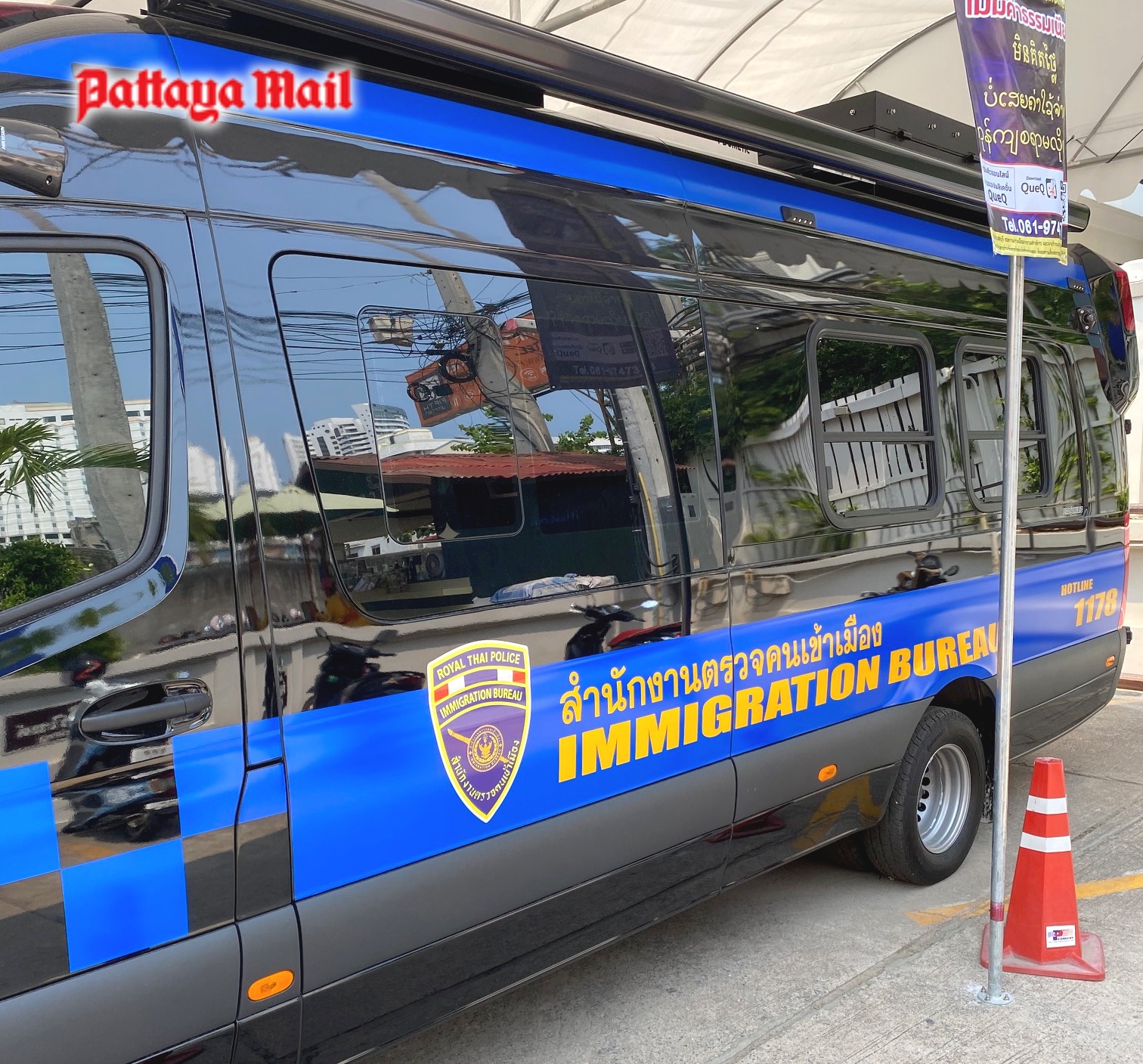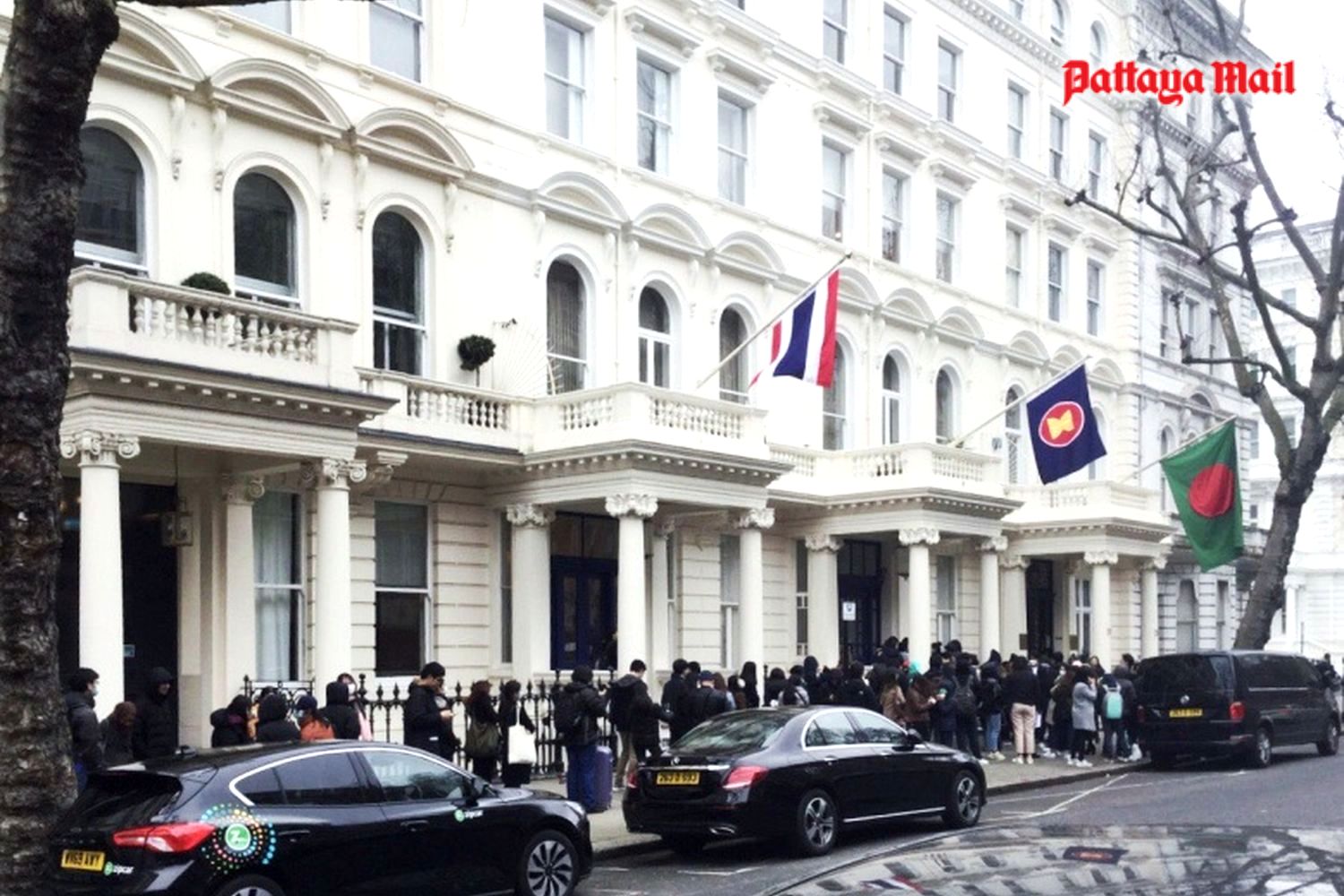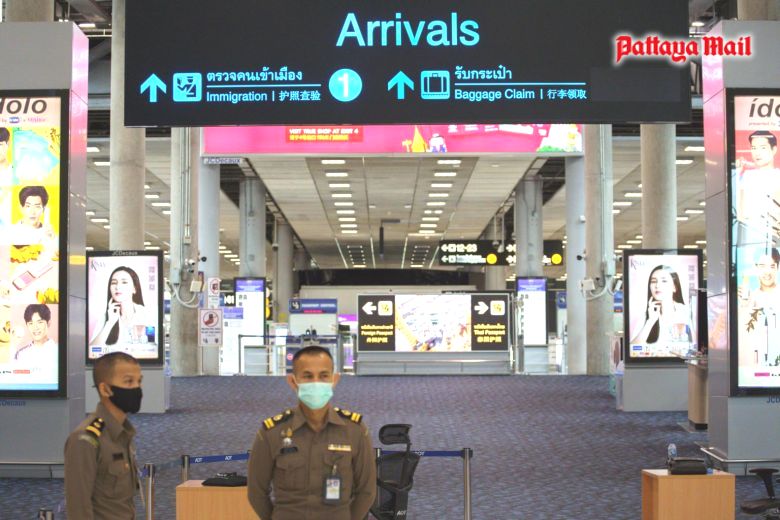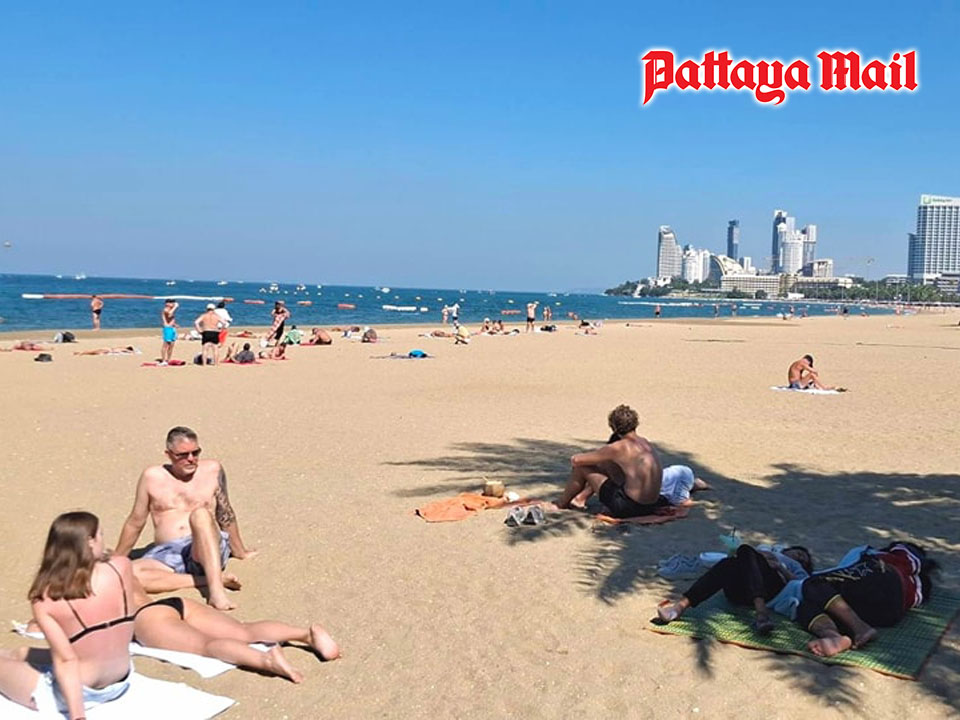In the clearest indication yet of the likely way forward for the reopening of the country to foreign tourists Thai business media has said that there will be four phases, according to their sources.
Tourism minister Pipat Ratchakitprakan's plan that will be discussed at the end of this week will see tourists from low risk countries like the UK, China, Germany, Italy, Japan, South Korea and India able to visit.
Plans are also afoot to add to the number of countries creating a medium risk category, reported Bangkok Business News.
BBN said that D-Day for the start of what is known as Area Quarantine – part of what is now being called "Open System" – will be April 1st.
Tourists will still have to quarantine for 7 days from April to September if they have been given two doses of vaccine in their home countries.
It's ten days for those not vaccinated.
There are four phases:
Phase 1 – April and May: Tourists will be able to use fitness facilities, swim and go on cycle rides in the grounds (subject to protocols). They can eat food delivered from outside the hotels.
Phase 2 – June to September: would involve the setting up of an exclusive travel area or "seal route" in which tourists could move around while doing Area Quarantine for 10 days. They would be restricted where they could move.
After they have completed their quarantine they can travel anywhere in Thailand.
The plan is to have Area Quarantine in Phuket, Pattaya, Krabi, Chiang Mai, Surat Thani (Khon Tao, Koh Samui and Koh Phangan), Phangnga and Bangkok.
Phase 3 October to December: is called the "Sand Box" and will be done from October to December in seven specified tourism provinces that are mostly by the sea. This could involve one day in quarantine with a swab test requirement for tourists who have already been vaccinated twice abroad.
Along with it will be an end to the Certificate of Entry document that will be replaced by a vaccine certificate (perhaps the so-called "vaccine passport).
Phase 4 from January onwards would see quarantine ended and free movement throughout the country though a one day quarantine with swab test might still be required. Tourists would still need to have been vaccinated twice abroad and have documentation related to that.
Under the Open System tourists will be able to come for a stay of 45 days (up from the previous 30) or utilize Special Tourist Visas, Yacht Quarantine or Elite cards.

Speculation based on Thai media sources at the Ministry of Tourism and Sports and potential visitors to Thailand are advised to await official clarification probably this Friday.
Even then caution is advised as the Thai authorities have been known to flip-flop especially amid the uncertainty of the vaccine rollout and unpredictability of the next stage of the pandemic.
BBN also indicated that the rollout of the AstraZeneca vaccine, halted abruptly amid concerns about clotting, is likely to be resumed following contact with the WHO and other worldwide agencies who are saying that there is no cause for concern. – Reuters




















